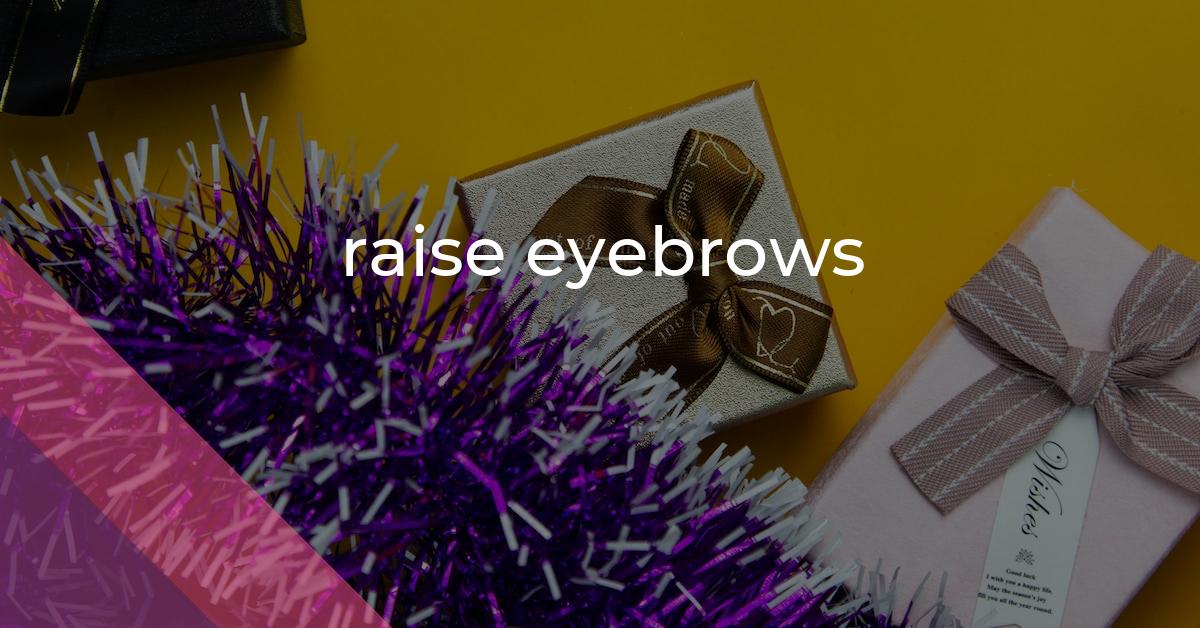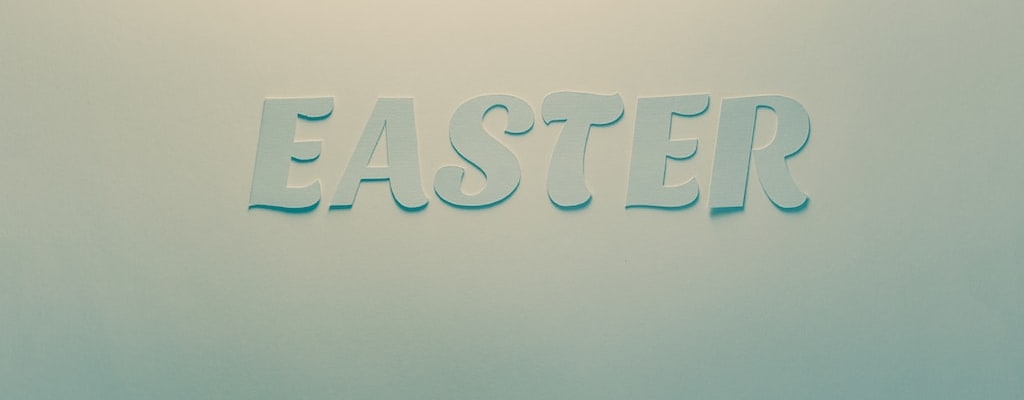raise eyebrows: Idiom Meaning and Origin
What does ‘raise eyebrows’ mean?
The idiom "raise eyebrows" means to cause surprise, curiosity, or disapproval. It suggests that something is unexpected or unusual, often leading others to question or doubt the situation or action.

Idiom Explorer
The idiom "scratch one's head" means to be confused or perplexed about something, often trying to find a solution or understanding. It implies a gesture of scratching one's head as a sign of puzzlement or deep thought.
The idiom "say that" is used to express surprise or disbelief when someone makes a statement that is unexpected or hard to believe.
The idiom "roll one's eyes" refers to the action of moving one's eyes upward or to the side in a way that shows annoyance, disbelief, or disapproval towards something or someone.
The idiom "raise the stakes" means to increase the level of risk or intensity in a situation, typically by increasing the amount of money or resources involved.
The idiom "raise the spectre" means to bring forth or introduce a troubling or frightening idea or possibility that causes fear or concern.
The idiom "raise the roof" means to create a loud uproar or excitement, usually in response to something notable or impressive. It is often used in a celebratory or enthusiastic context.
The idiom "raise the flag and see who salutes" means to take action or make a bold statement to test people's reactions or loyalty, and see who responds positively or supports it.
The idiom "raise the bar" means to set a higher standard or expectation for something, often with the intention of encouraging improvement or achieving a higher level of performance.
Inquisitive Gazes
The idioms *raise someone's hackles*, *raise hell*, *raise the roof*, *roll one's eyes*, and *make waves* are all related to the idiom *raise eyebrows* in terms of expressing surprise, disapproval, or unconventional behavior. These idioms add depth and nuance to the concept of raising eyebrows, highlighting different reactions and emotions.
The idiom *raise someone's hackles* is similar to *raise eyebrows* in that it signifies a strong negative reaction. When someone's hackles are raised, they become agitated, defensive, or angry. This idiom suggests a more intense and hostile response, compared to the surprise or disapproval conveyed by *raise eyebrows*. For example, if a controversial artist releases a provocative piece of artwork, it might *raise eyebrows* among viewers, but it could *raise someone's hackles* among those who find the artwork offensive or disrespectful.
The idiom *raise hell* is also related to the concept of expressing disapproval or anger. When someone raises hell, they vigorously protest or cause a commotion in response to a perceived injustice or wrongdoing. This idiom implies a more confrontational and forceful reaction compared to *raise eyebrows*. If a company is discovered engaging in unethical business practices, it might *raise eyebrows* among consumers, but it could prompt activists or watchdog organizations to *raise hell* to hold the company accountable.
The idiom *raise the roof* is different from *raise eyebrows* in that it conveys excitement, enthusiasm, or celebration rather than surprise or disapproval. When someone raises the roof, they express their joy or elation in a loud, enthusiastic manner. This idiom is often used in the context of parties, concerts, or other festive events. For example, if a surprise party is thrown for a friend, it might *raise eyebrows* among the guests who were not aware of the plan, but it would undoubtedly *raise the roof* as everyone celebrates and expresses their happiness.
The idiom *roll one's eyes* is a non-verbal expression that typically conveys skepticism, annoyance, or contempt towards something. When someone rolls their eyes, they rotate their eyes upwards or sideways, often accompanied by a sigh or scoff, to signal their disbelief or exasperation. This idiom is often used in response to a statement or action perceived as foolish, ridiculous, or absurd. For example, if someone makes an outlandish claim, it might *raise eyebrows* among the listeners, but it could also cause them to *roll their eyes* as they find the claim unbelievable or unreasonable.
The idiom *make waves* shares similarities with *raise eyebrows* in that it involves challenging societal norms or expectations. When someone makes waves, they take bold or disruptive actions that attract attention and potentially cause controversy or unrest. This idiom suggests a more active and rebellious approach compared to the passive surprise or disapproval implied by *raise eyebrows*. For example, if a young entrepreneur launches a disruptive startup that threatens established industries, it might *raise eyebrows* among investors, but it would also *make waves* within the business world as it disrupts traditional models and practices.
The idiom *raise eyebrows* is a versatile phrase that captures the essence of surprise, disapproval, or disbelief. When combined with related idioms such as *raise someone's hackles*, *raise hell*, *raise the roof*, *roll one's eyes*, and *make waves*, it offers a broader range of emotions and reactions. These idioms enrich the English language by providing nuanced ways to express and communicate complex ideas and emotions. Whether used in casual conversations, formal writing, or creative expressions, these idioms serve as powerful tools to convey meaning and engage with others.
Example usage
Examples of how the idiom "raise eyebrows" can be used in a sentence:
- Her outfit choice raised eyebrows at the formal event.
- The politician's controversial statement raised eyebrows among the public.
- When he announced his resignation, it raised eyebrows among his colleagues.
The idiom "raise eyebrows" indicates that something is causing surprise, shock, or disapproval among others. The examples demonstrate situations where people's actions, statements, or decisions have garnered attention and provoked a reaction of surprise or disapproval from those around them.
More "Surprise" idioms



